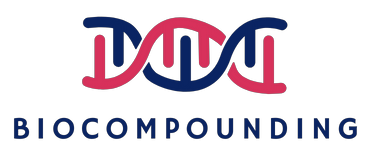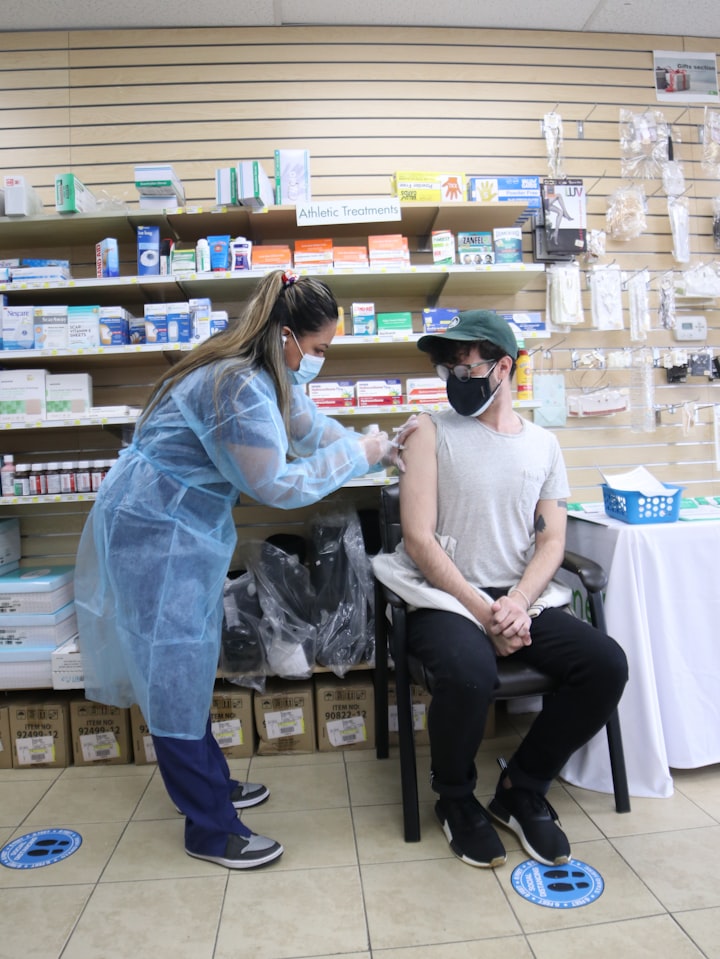3 Top Biotech News Of The Week (13 August 22)

1) Pfizer's acquisition of Global Blood Therapeutics
The acquisitions continue!
This week Pfizer reported that it will be acquiring Global Blood Therapeutics (GBT) for $5.4B.
The proposed acquisition is expected to drive growth by bringing GBT's sickle cell disease (SCD) expertise together with a robust pipeline into Pfizer’s product suite. These assets are estimated to bring in peak sales of more than $3 billion.
One competitor Pfizer needs to keep a close watch on will be CRISPR Therapeutics which has a phase 3 trial ongoing for a CRISPR-Cas9 therapy for SCD. More information about CRISPR therapeutics can be found in our deep dive article, readers can also refer to our "8 Gene Editing companies to consider" article for a quick overview.
The acquisition of GBT should help to bolster Pfizer's revenue which is expected to top $100B on the back of COVID-19 vaccine and antiviral pill sales. However, sales of these products are expected to decline moving forward.
Pfizer's Aamir Malik commented "We have very deliberately taken a strategy of diversification in our M&A deals. The company was focused on improving growth for the second half of the decade, rather than large deals that generate value through cost cuts."
This acquisition comes on the back of another acquisition the company made in May for migraine drug maker Biohaven Pharmaceuticals. Also, late last year Pfizer acquired Arena pharmaceuticals with the deal closing in March 22.
2) Sartorius AG to acquire Albumedix for its recombinant human albumin
Sartorius AG will be acquiring Albumedix from private investors for $502m!
What does Albumedix do? Albumedix is a Nottingham-based company with annual expected revenue of $40m. Its main product includes a recombinant albumin-based solution. Recombinant human albumin is a critical component in the manufacturing of innovative biopharma, particularly in cell therapies and vaccines. It serves as an animal-free additive to cell culture media and for the stabilization of vaccines and viral therapies.
What is recombinant albumin? It is a non-bovine-derived albumin that can serve as an alternative to Bovine Serum Albumin (BSA). Because bovine serum albumin (BSA) is derived from animals, it can cause allergic reactions in humans. The WHO has set a guidance of 50 ng or less residual BSA per vaccine dose. BSA is also the main constituent of fetal bovine serum (FBS), a common cell culture medium in biological labs.
Although Albumedix is not the only company producing recombinant human albumin, they are the only one with a USP-NF compliant recombinant human albumin, Recombumin®.
Rene Faber, member of the executive board for the Bioprocess Solutions Division of Satoruis commented, "Albumedix will be an important addition to Satorius' advanced therapy solutions, particularly regarding our cell culture media business, as it will enable us to strengthen our position as a relevant supplier of innovative chemically defined media and critical ancillary materials". This indicated the accretive nature of this acquisition.
The market share for chemically defined media has been growing on the back of its use cases in cell cultured meat applications, fermentation based food production and other use cases. These are sectors that are expected to see a strong growth trajectory in the next 1-2 decades. Readers can refer to our previous article "Synthetic Biology is poised to breath new life into fermentation" to get an overview of the sector.
3) Synlogic and Gingko Bioworks announce the advancement of SYNB2081 for Gout Treatment
Synlogic and Gingko Bioworks announced the advancement of SYNB2081, a Synthetic Biotic for the treatment of Gout to clinical development. This follows the IND candidate SYNB1353 for the potential treatment of homocystinuria (HCU) which they developed together.
Gout is a complex form of inflammatory arthritis that occurs when excess uric acid in the body forms crystals in the joints. Current treatment for flares consists of nonsteroidal anti-inflammatory drugs (NSAIDs) like ibuprofen, steroids, and the anti-inflammatory drug colchicine which reduces pain and swelling but is not the root cause. The reduction of uric acid is the mainstay of gout treatment and will reduce attacks. However, current treatment options (such as allopurinol) present limitations in both safety and efficacy, highlighting a need for new approaches.
SYNB2081 is a Synthetic Biotic designed to lower uric acid. The global gout therapeutics market size was valued at USD 1.8 billion in 2015 and is projected to grow at a CAGR of around 16 % over the forecast period.
If SYNB2081 can show superiority over the current therapeutic options, it has a large market to grow into which is estimated to be worth $8.3 billion by 2025. This would be a huge positive for both companies that are currently operating on a net loss basis.
If you liked our article, subscribe to our newsletter to receive our latest articles directly in your inbox. The subscribe button can be found at the top of the page.
Disclaimer: All opinions shared in this article are the opinions of the authors and do not constitute financial advice or recommendations to buy or sell. Please consult a financial advisor before you make any financial decisions. The authors do not hold positions in any of the mentioned securities.





Comments ()